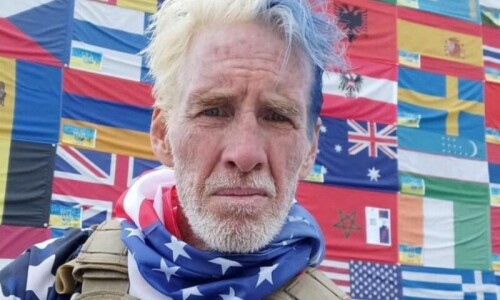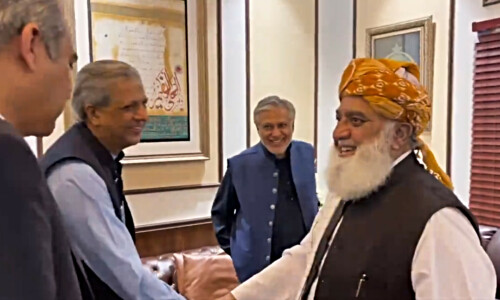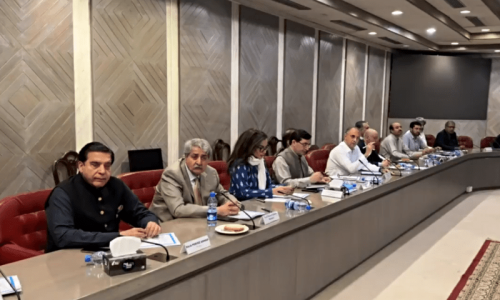FINALLY, the United States has decided to withdraw all its forces from Afghanistan. The US has learned some sour lessons from the misadventure that spans well over two decades. Among them, the most obvious one is that the capacity to defeat an army does not necessarily translate into the capacity to govern a country diversified in so many aspects.
It is surely a moment for the US to look back at its strategies and attitudes towards global crises since the end of the Cold War to learn some lessons before attempting ever again to jump into foreign conflicts.
It is also a good moment for the US to reflect on the strategies it adopted in relation to the unravelling crisis in the Middle East over the past few decades and the gradual abandonment of certain policies by successive regimes in the wake of the infamous 9/11 incident, and figure out the answers to some critical questions.
For instance, what a different kind of geopolitics might we have today had we incorporated the Russian federation in the ‘new world order’ at the end of the Cold War? What kind of humanitarian regime might we have today had the ‘Respon-sibility to Protect’ (R2P) not morphed into another camouflage for unilateralism that has been so evident and pervasive in the US policies in international politics.
The paths not taken are haunting the US and its hegemony in so many ways. The US fate in Afghanistan might have been quite different had the two paths been undertaken.
The first path not taken pertains to the expansion of Nato after the Cold War. At the end of the Cold War, Mikhail Gorbachev and some other Russian leaders voiced their intentions to join Nato and, subsequently, the European Union (EU). Not only their overtures were rejected, Nato was expanded to consume the former Warsaw Pact countries and even efforts were made to encourage Georgia and Ukraine to join the alliance.
The second path pertains to the management of geopolitical crises and humanitarian intervention. The US administration at the time pointed the way to a new containment regime in the wake of the first crisis since the end of the Cold War when Saddam Hussein’s Iraq invaded Kuwait. The ‘bumper sticker’ for the coalition was to stop the bully without becoming a bully yourself.
Instead of taking unilateral actions against the Kuwait invasion, the US formed a massive coalition of almost every major country and expelled Saddam from Kuwait. Against the advice of many hawks in the US, the administration did not go for a regime change, rather created a ‘no-fly zone’, buttoned down the Iraqi regime and made it impossible for it to threaten its neighbours.
If that had been adopted as the standard model of responding to a geopolitical crisis, the US today would have been looking at a very different kind of geopolitical reality. But subsequent US administrations abandoned the strategy in Afghanistan and Iraq, and took a different path. Instead of putting a massive coalition of every major country and seeking approval from the United Nations, the administration took unilateral actions in invading Iraq and Afghanistan.
The ‘either-you-are-with-us-or-them’ approach was rather cutthroat. Military commanders back in 2002 had informed the higher command that a deal was needed to be made with the Taliban. But no attention was paid to the suggestion. The US subsequently had to make a deal with the same Taliban after many years of worthless fighting.
The path not taken in the case of Iraq and Afghanistan was partially influenced by the thinking of American conservatives. A fatal error is associated with the thinking that just because we have a massive army, we are the sole proprietor of the world’s order and its fate. They failed to recognise the practical necessity of garnering support from different factions of society; the global society included.
Muhammad Tayyab
Rawalpindi
Published in Dawn, May 29th, 2021











































